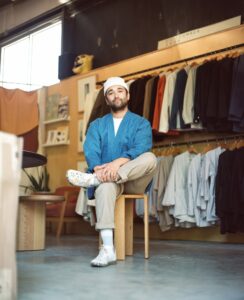
Today we’d like to introduce you to Ethan Summers.
Hi Ethan, thanks for sharing your story with us. To start, maybe you can tell our readers some of your backstory.
After leaving my corporate job in finance in 2014, I had a vision and dream to start creating things with my hands. I grew up tinkering and making things, and that urge to make and create never left, but it was always a challenge to figure out how I could make that into a sustainable business. After a year or so of making some initial furniture pieces and starting to dream up apparel designs, we launched OIL / LUMBER. A design firm focused on creating apparel and furniture with an emphasis on a start to finish model. Our apparel focuses on a genderless/seasonless model, being made for anyone and everyone that is wanting to wear our fit. Our model means we design, source, cut, create all of our pieces in house from a roll of fabric/rough piece of lumber to the finished product. Since our initial couple of years, we’ve purchased warehouses of commercial sewing machines and industrial woodworking machines to be able to make some pretty exciting stuff. We have been fortunate enough to work with some great clients over the years. Keep inventory low, and to focus on our team and keeping them fulfilled in their work. With this system, we allow our team to finish a product a piece at a time and not have to stock inventory to reduce waste in landfills. This model wasn’t initially our mission but was derived out of necessity, which later turned into our core belief as a brand. I’ve always wanted to create a place for people to feel rewarded in their work as much as I do.
Alright, so let’s dig a little deeper into the story – has it been an easy path overall and if not, what were the challenges you’ve had to overcome?
Honestly, I think we’ve had a great path to this point. That hasn’t been without some challenges. Because we are doing things super different from industry norms, that has required us to figure out solutions and operations that haven’t been done before. That’s leads to mistakes, inefficiencies, and a lot of trial and error. Also, our brand direction and clients have changed over the years so keeping a solid base has been something that’s always been and will be a challenge. Covid has been hard for sure, as sourcing any materials across our whole brand were halted during the pandemic. We are vertically integrated for the most part, but we don’t weave our own fabrics or own the trees themselves, so when our suppliers can’t sell us materials, it makes our job even harder. We were able to use that challenge as an opportunity to utilize what we could get and to find simplicity in the base materials that we could utilize.
Thanks – so what else should our readers know about your work and what you’re currently focused on?
We design and build furniture and apparel in our Nashville studio.
We are known for our quality and form of products. Because we are so hands on with every single piece, it’s the details that really stand out to our customers. Whether that’s the hand-selected boards on a table to the reinforced contracting bar tack on a garment, we pride ourselves in making heirloom-level quality products. I’m most proud of how far we’ve come. From building pretty much “anything” in the beginning to now working with incredible clients makes me even more excited to come to work each day.
I think what sets us apart from others is our ability to be able to be fluid in our design process. Because we understand all parts of the process, we can be artists across all aspects of the design+build process.
Is there any advice you’d like to share with our readers who might just be starting out?
My advice for those starting out is to keep it simple on an idea and start. Don’t wait, everyone talks and talks about how they have this idea and that, but what separates the entrepreneurs from the idea people is the willingness to roll the dice and take the chance every day.
If I could go back and tell myself some advice, it would be is to not get caught up in what everyone else is doing. Even to this day, it’s hard to not compare yourself to others in the industry. They have a certain product or new material and you feel like you have to make something new to compete against it. I think it’s important to be aware of what is happening in your field, but also remember what has worked for you and to stick to that method.
Contact Info:
- Email: ethan@oilandlumber.com
- Website: oilandlumber.com
- Instagram: https://www.instagram.com/oilandlumber/
- Facebook: https://www.facebook.com/oilandlumber
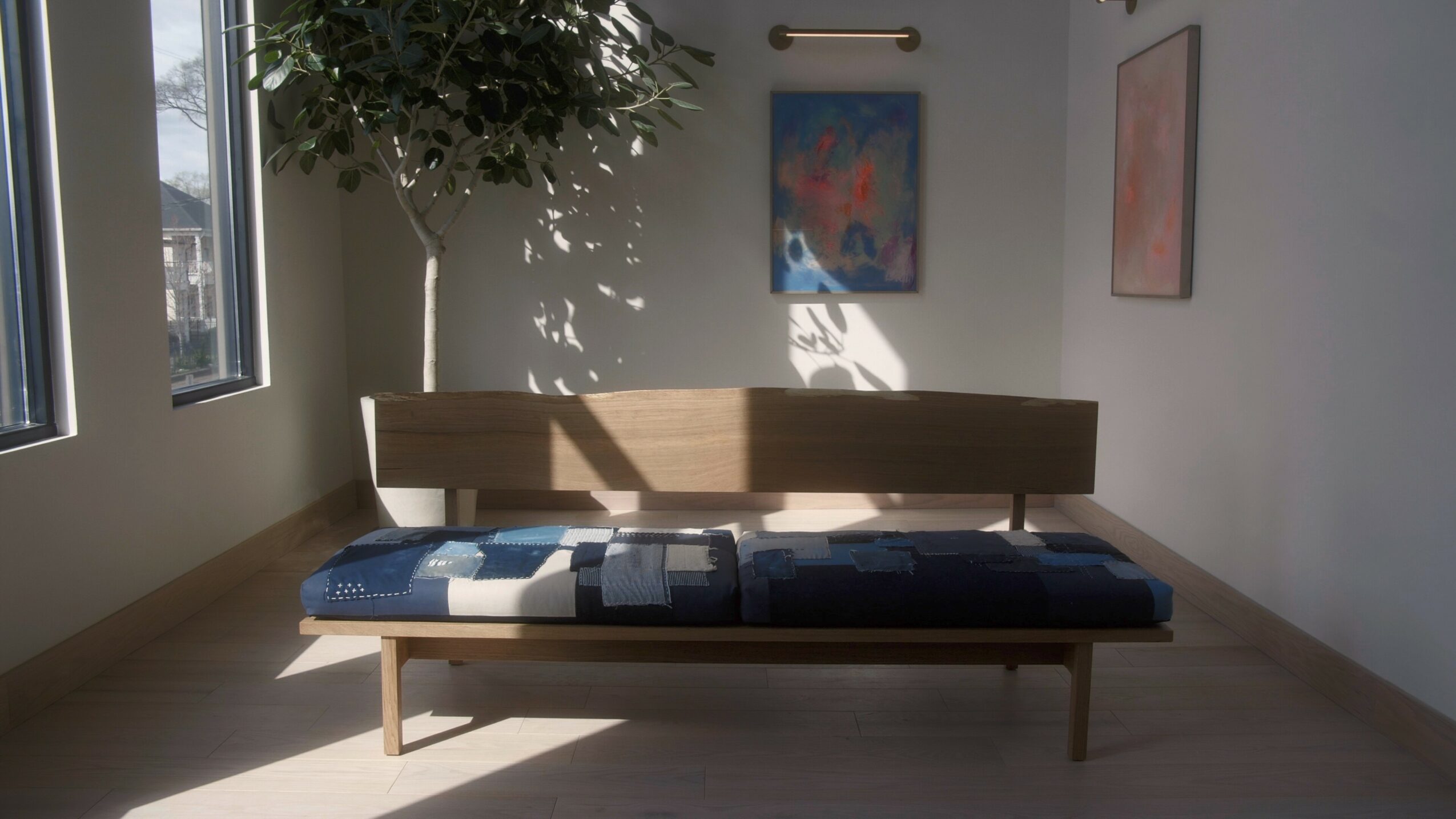
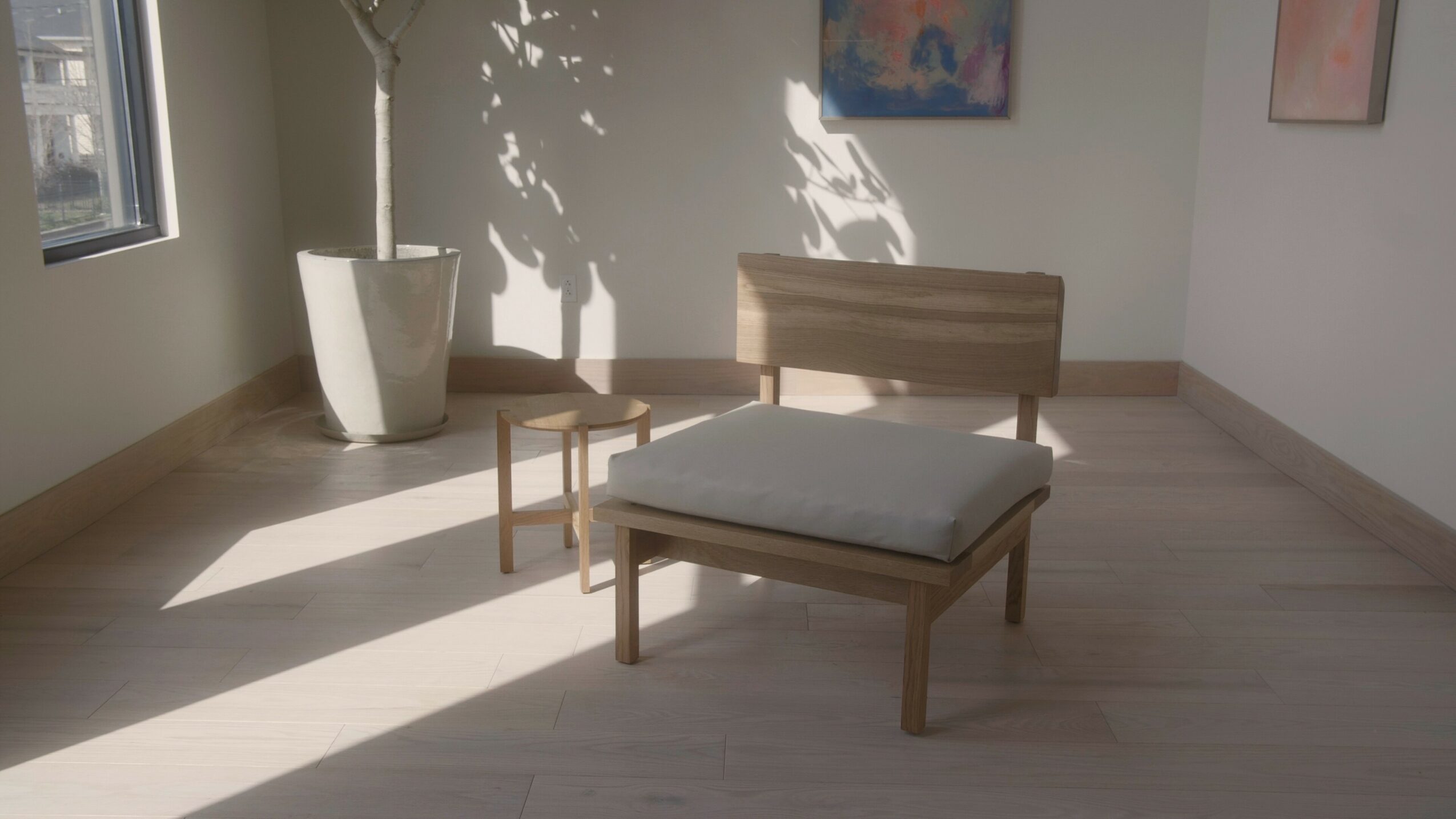
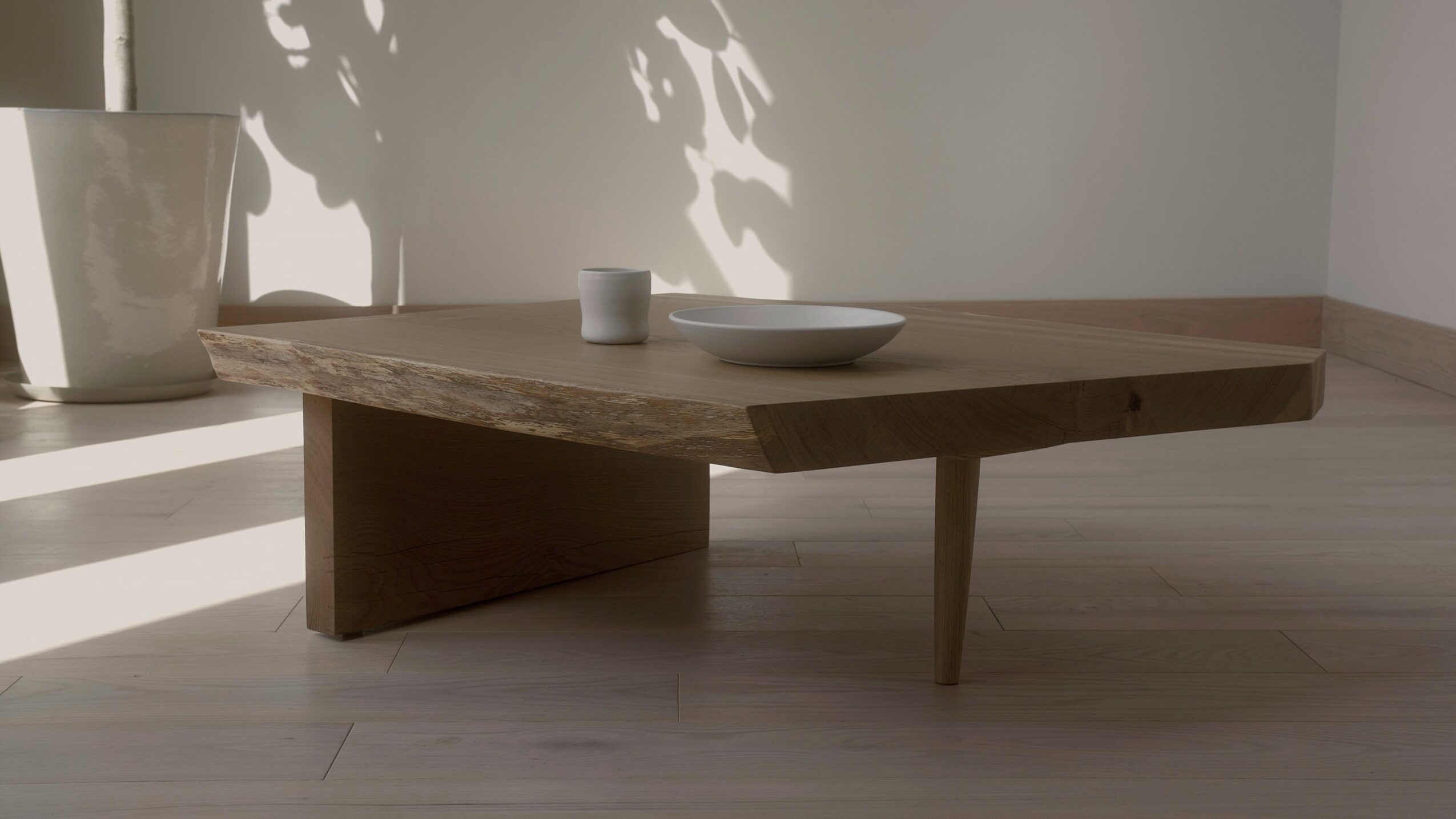
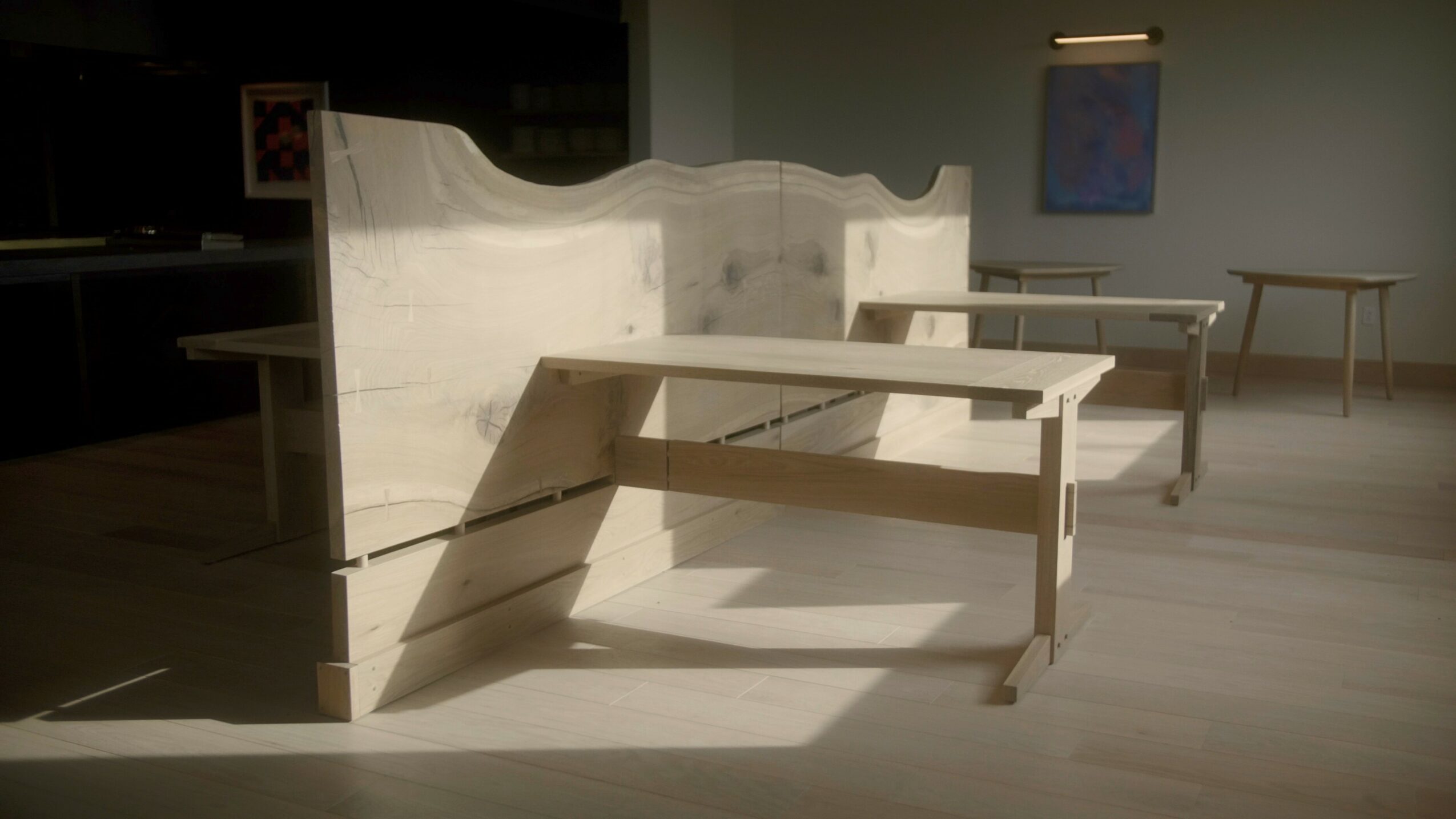
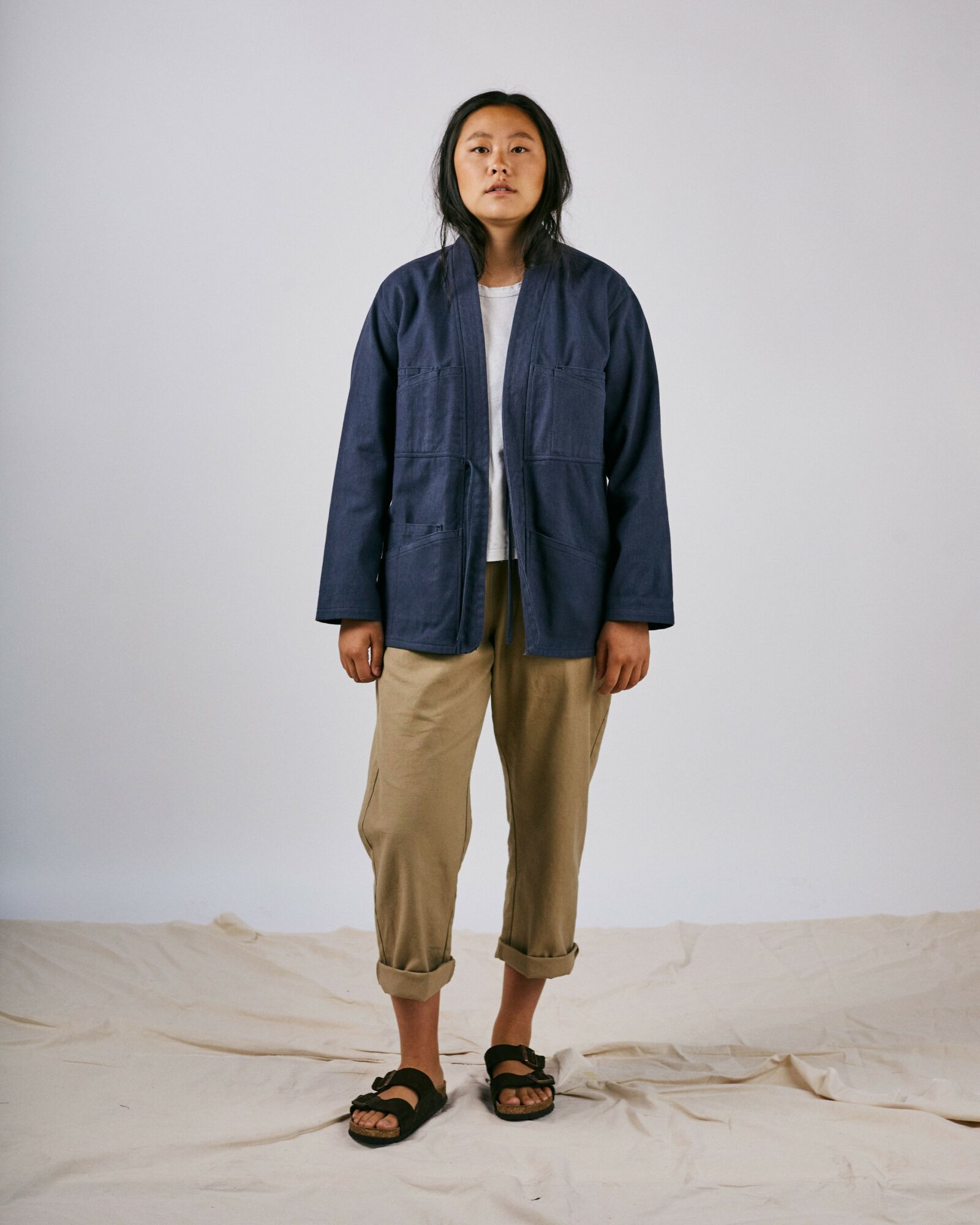
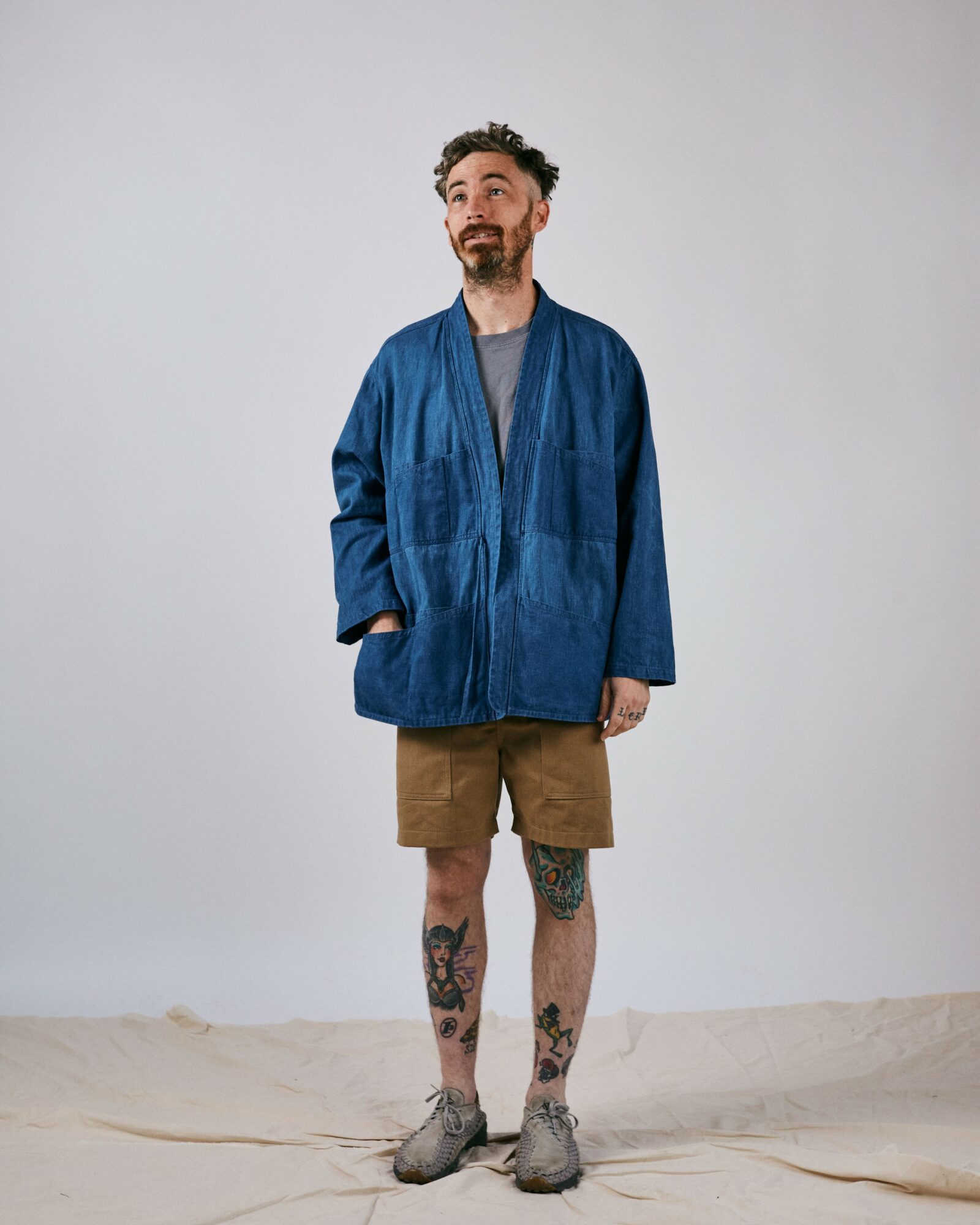
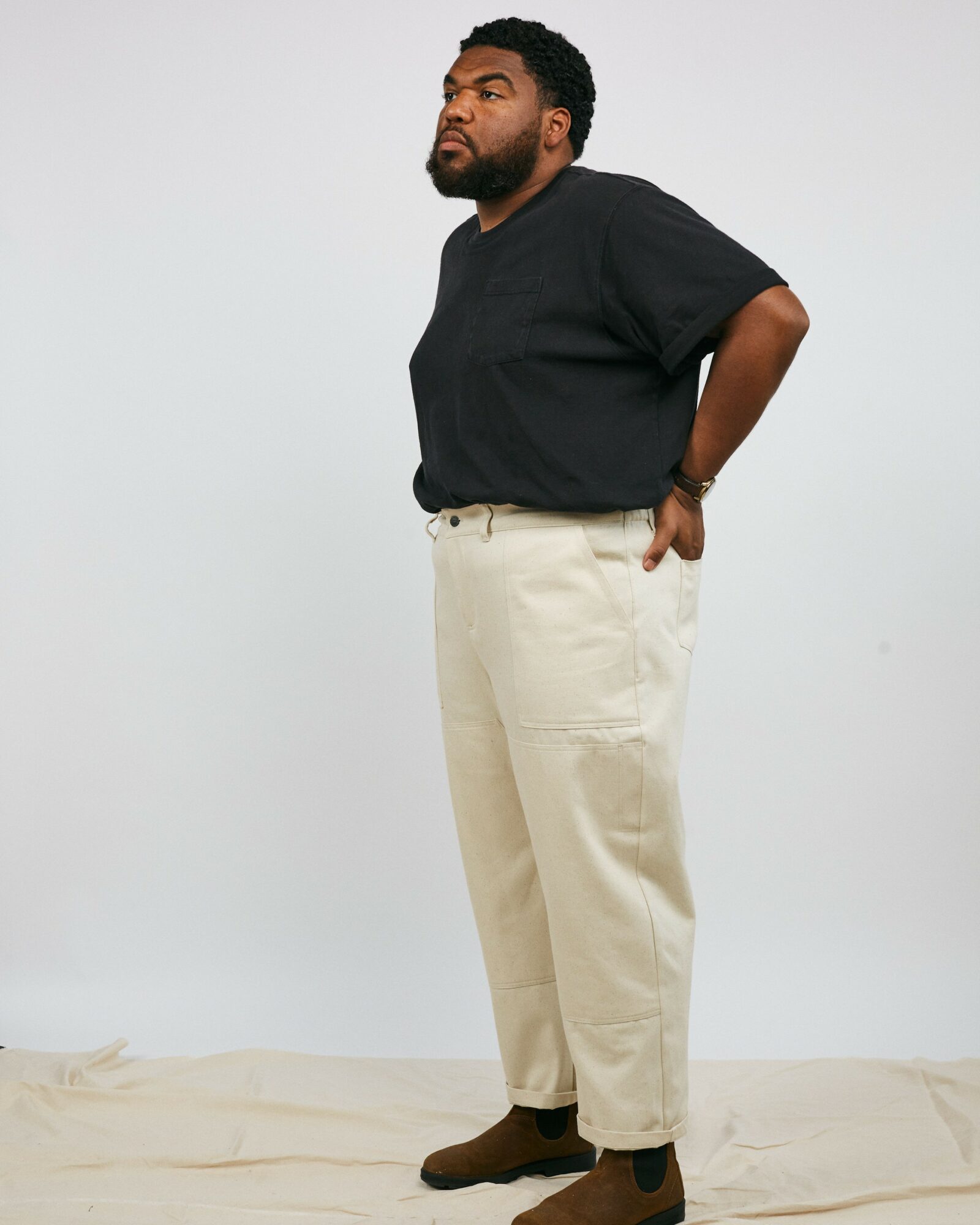
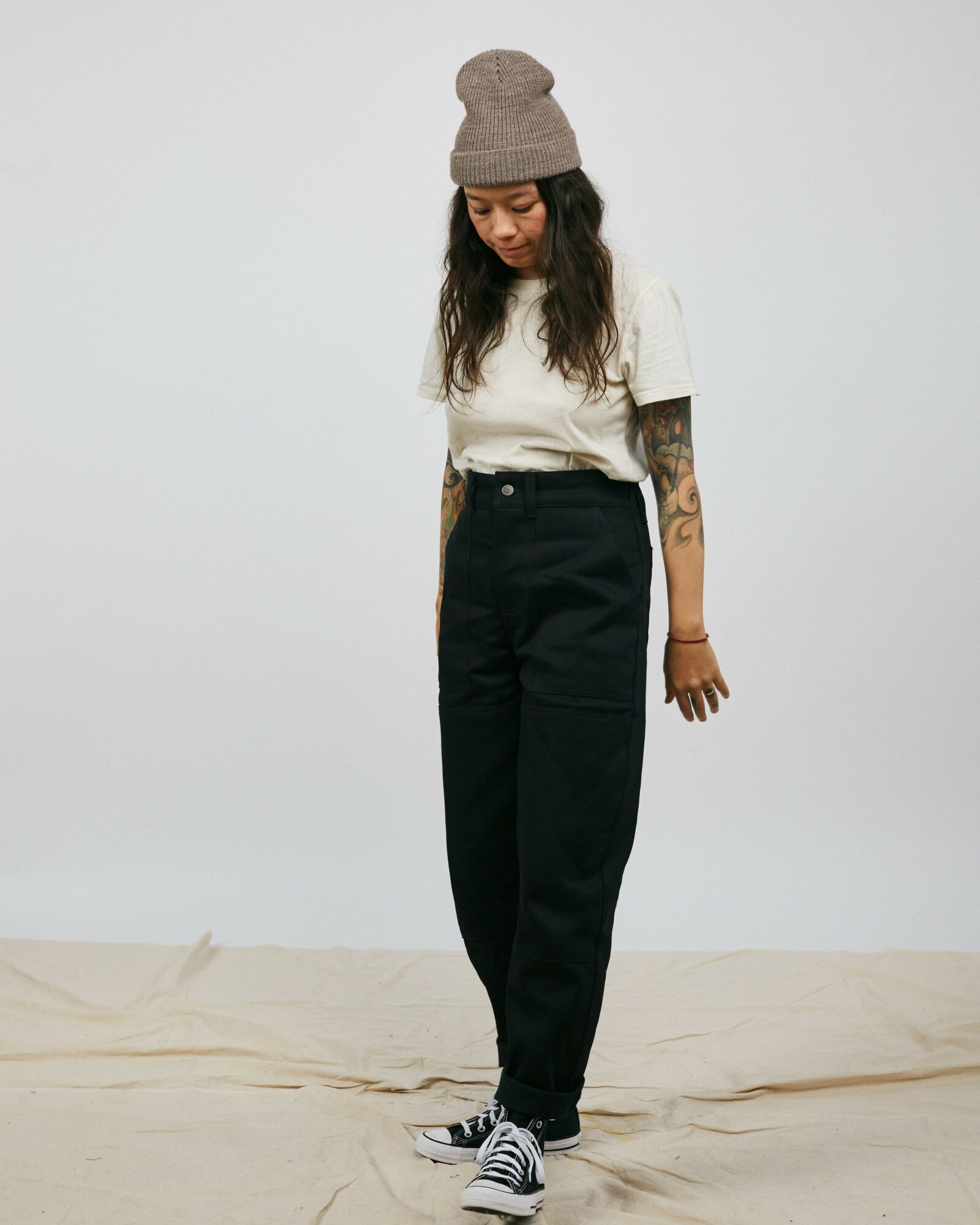
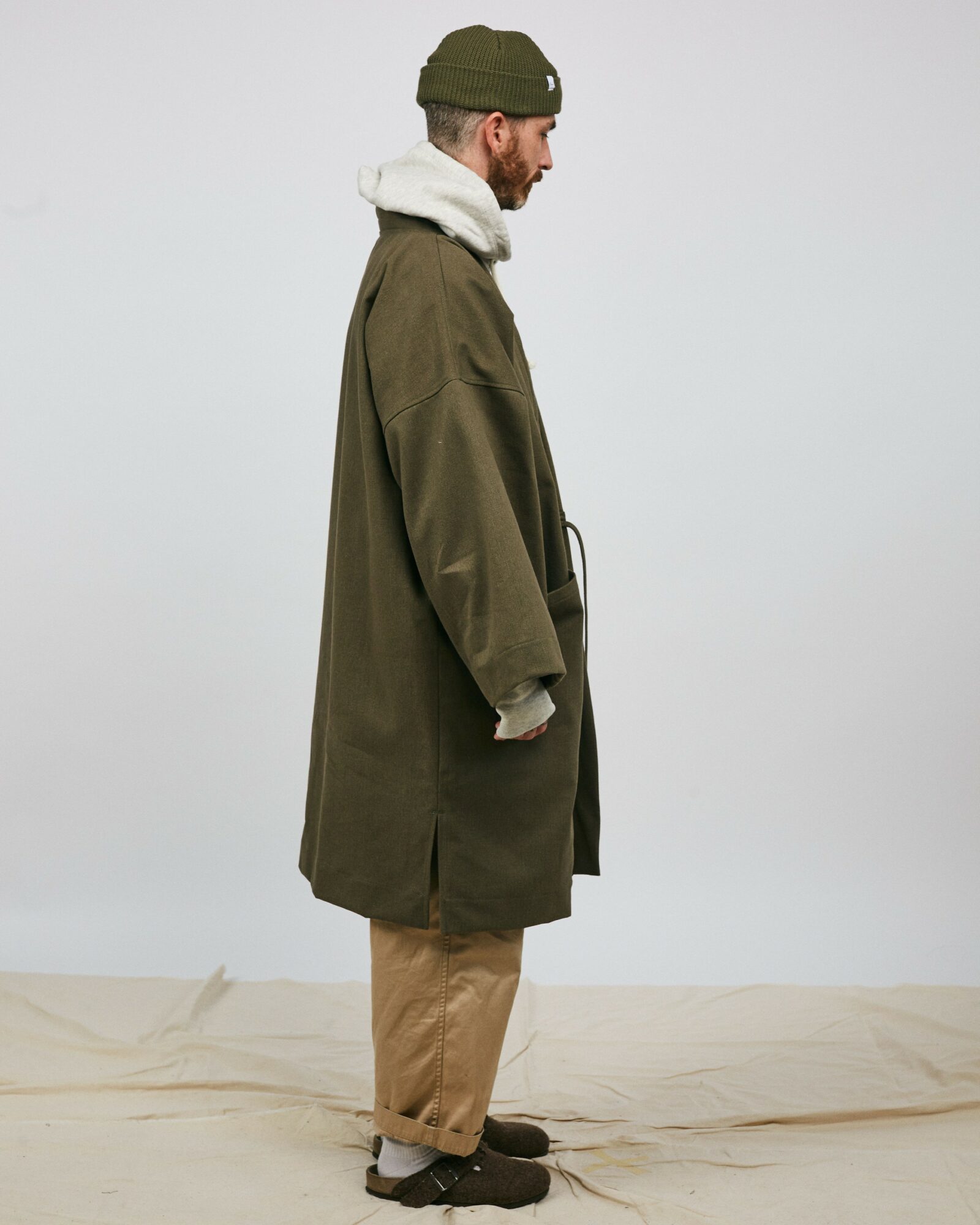

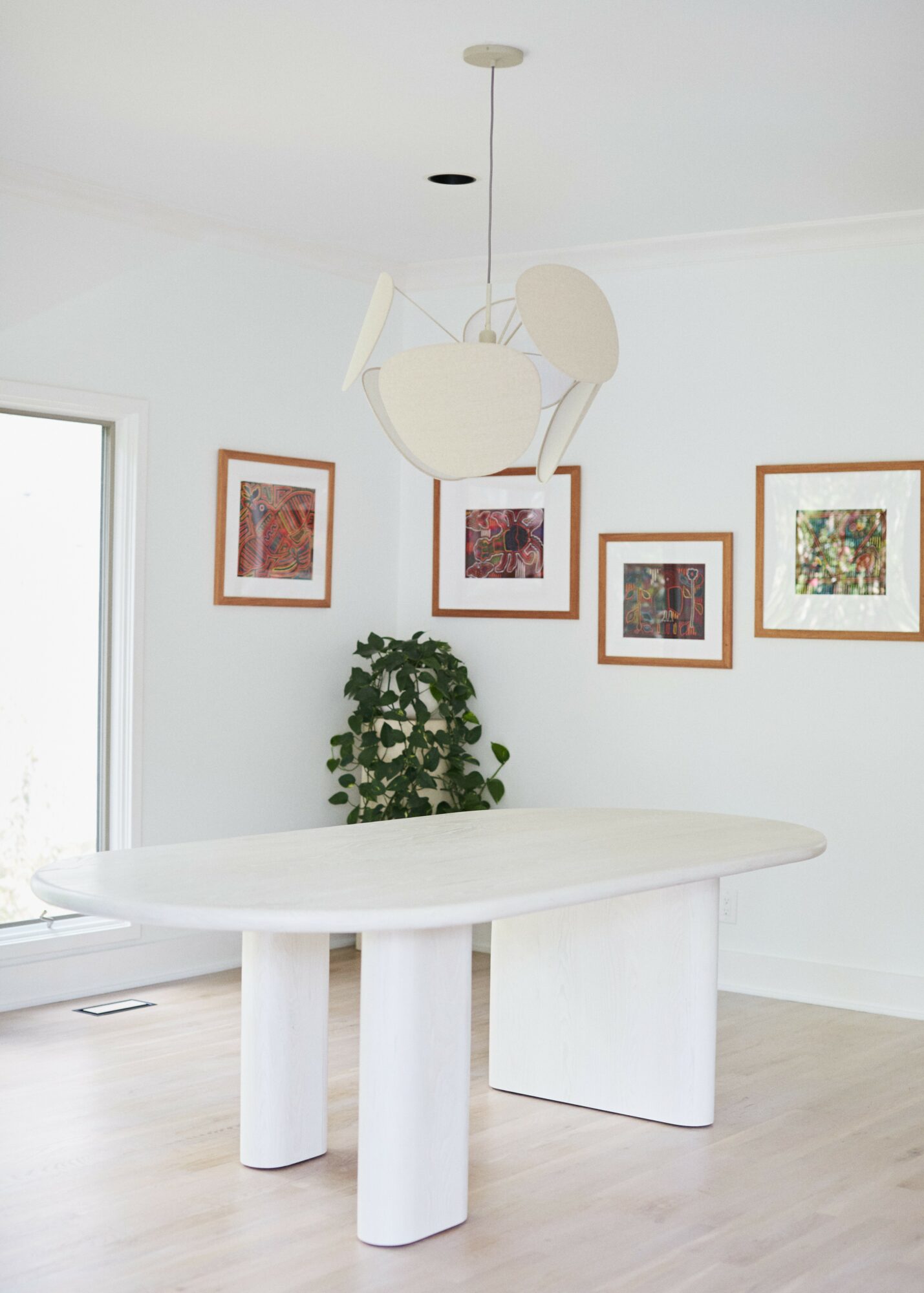
Image Credits
Nolan Knight – Portrait Ryan Kanaly (Small Hands Creative) – white backdrop photos Furniture – Drew Bauml












